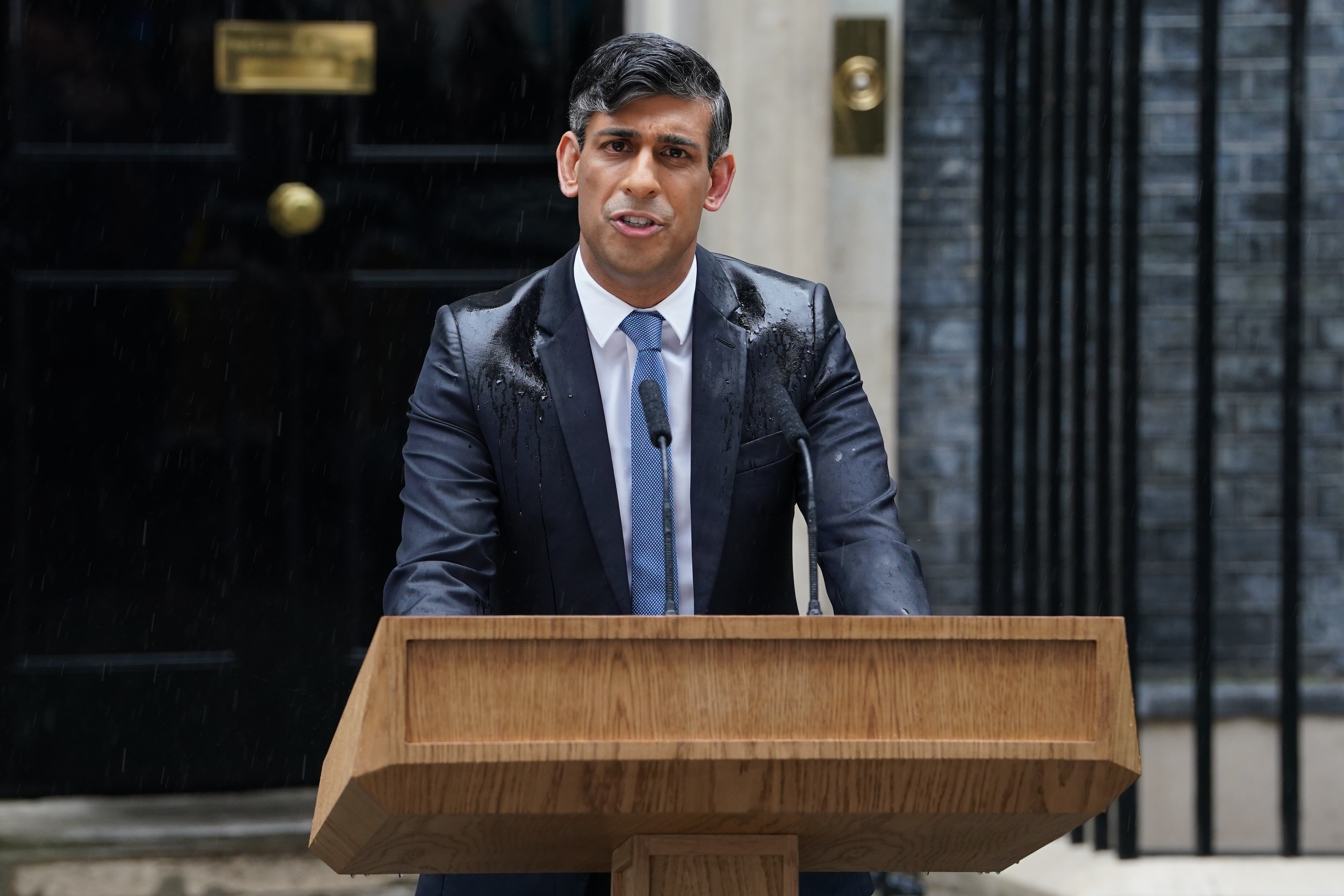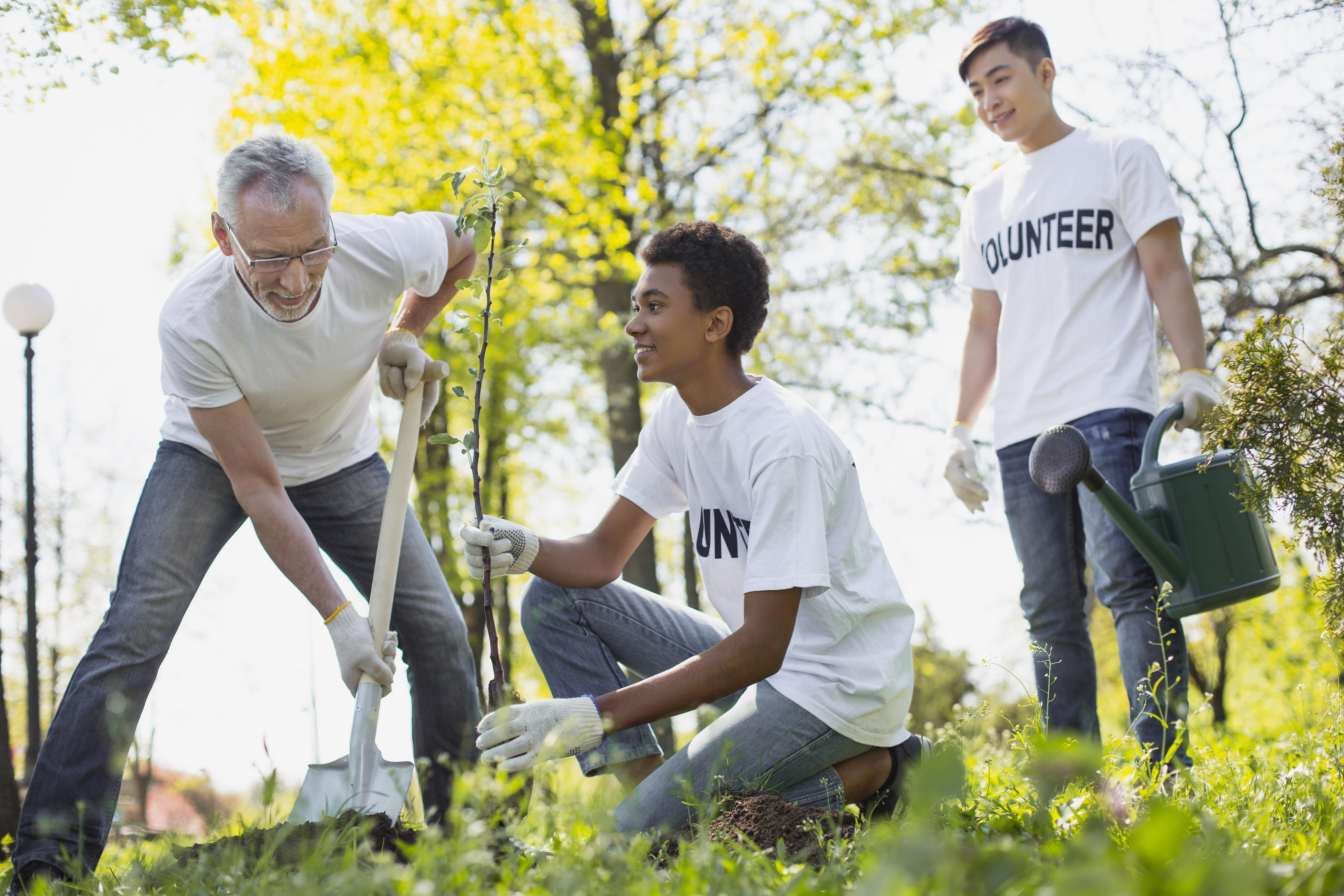
Support truly
independent journalism
Our mission is to deliver unbiased, fact-based reporting that holds power to account and exposes the truth.
Whether $5 or $50, every contribution counts.
Support us to deliver journalism without an agenda.

Louise Thomas
Editor
Election day is finally upon us and no doubt many voters are feeling a mix of emotions – including anxiety.
It has been six weeks since Prime Minister Rishi Sunak addressed the nation in the pouring rain outside 10 Downing Street and declared that it was “the moment for Britain to choose its future”, and political spats, betting scandals and proposed policies have dominated headlines ever since.
After 14 years of Conservative governments, changes could be on the horizon. But if you’re finding it all a bit overwhelming, you’re not alone.

Dr Sheethal Rajashanker, a consultant psychiatrist based at Priory Hospital Cheadle Royal in Cheshire, says election-related anxiety is an understandable response to the uncertainty and heightened emotions surrounding political events.
“It is normal for individuals to experience anxiety, stress, and worry about the outcome of an election, particularly when it involves important issues that directly impact their lives,” says Rajashanker.
However, in some cases, these uncomfortable feelings may snowball.

“Some people’s mental health is affected adversely by political discussions, which can cause severe anxiety or even physical symptoms of anxiety, such as a raised pulse, palpitations, a choking feeling or butterflies in the chest,” explains Rajashanker.
Allow yourself to feel your emotions
The election result this evening is bound to evoke some emotions.
“It’s normal to feel a range of emotions after an election result, including disappointment, anger, fear, or sadness,” says Rajashanker. “Allow yourself to acknowledge and feel these emotions, rather than suppressing them.”
Educational psychologist Dr Patricia Britto agrees, and encourages voters who are unhappy about the election outcome to give themselves some grace and time to process these feelings.
Focus on what you can control

After we can cast our vote into the ballot box, the result is out of our hands – so try to channel your emotions into something positive that will give you a sense of control.
“To stay calm and optimistic this week, focus on what you can control, and let go of what you cannot,” suggests Britto. “Channel your emotions into constructive actions, such as community involvement or advocacy to make a positive impact.”
Volunteering in your community could help turn your anxiety or disappointment into something fruitful and will make a tangible difference in your community.
Limit social media

Doomscrolling through all the memes and angry posts over the next few days probably isn’t the best use of your time if your anxiety is spiralling, and could negatively impact your mental health.
“Constantly checking the news or scrolling through social media can exacerbate feelings of stress and anxiety,” explains Rajashanker. “Limit your exposure to these sources and take breaks when needed to give yourself a mental rest.”
Engage in hobbies

Put your phone on silent and get outside – fresh air does wonders for the mind. Reconnect with a hobby or something you enjoy.
“Try and engage in activities where you are away from constant updates, for example go for a run in a park,” advises Rajashanker.
Practice self-care and mindfulness
Treating yourself to a pamper night or a relaxing evening of yoga could help overhaul feelings or worry and helplessness. Britto suggests: “Engage in self-care activities to help you feel grounded and practice gratitude for the positive aspects of your life.”
Rajashanker echoes this and says that practicing relaxation techniques such as deep breathing or mindfulness could dramatically help reduce stress: “These techniques can help ground you in the present moment and alleviate feelings of worry or fear.”
Stay connected with others

Even if you feel like the political world is crumbling around you, try not to isolate yourself.
“Connect with supportive friends or groups who share your views to feel less isolated,” recommends Britto.
Rajashanker adds: “Reach out to friends, family members, or support groups to talk about your feelings and concerns. Sharing your thoughts with others can provide comfort and a sense of community during this challenging time.”







